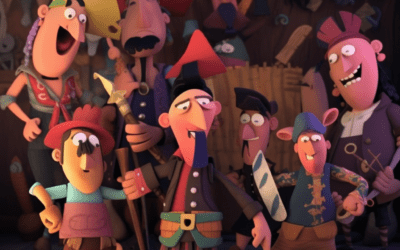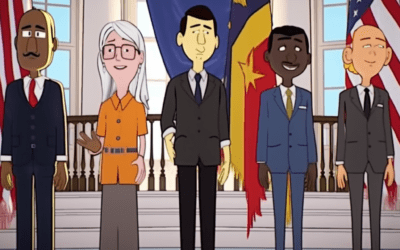Why are there multiple languages?
Introduction
Language is essential for communication. It helps us express our thoughts, feelings, and ideas. But have you ever wondered why there are so many different languages in the world? Let’s explore the reasons behind the existence of multiple languages.
1. Different cultures and history
Languages are shaped by the cultures and histories of the people who speak them. Just like different countries have different traditions and customs, they also have their own unique languages. For example, English is widely spoken because of the history of the British Empire, which spread the language across many parts of the world.
- Languages have evolved differently in different regions due to geographical and historical factors.
- Just like how different plants and animals are found in different parts of the world, languages also vary depending on where they are spoken.
2. Isolation and limited contact
Isolation can lead to the development of distinct languages. Imagine a group of people living in a remote valley surrounded by mountains. Over time, they may develop their own unique language because they have limited contact with other communities. This is why some languages are spoken by only a small number of people in specific places.
- Thousands of years ago, people lived in isolated groups and developed their own languages, giving rise to the diversity we see today.
- Mountainous regions, islands, and deserts can act as barriers, isolating communities and allowing languages to evolve independently.
3. Migration and mixing
When different groups of people come together, their languages can mix and create new ones. Throughout history, people have moved from one place to another, bringing their languages with them. When these different languages interact, they can influence each other and even form completely new languages. Just like ingredients in a recipe, languages can blend and create a unique flavor.
- Migrations, conquests, and trade have led to the blending of languages and the emergence of hybrid languages.
- English, for example, has borrowed words from many other languages over the centuries, such as French, Latin, and German.
4. Preserving identity and culture
Languages are an important part of our cultural identity. They help us express our traditions, values, and history. Some communities view their language as a symbol of their heritage and work hard to preserve it. This is why some indigenous languages, spoken by small communities, continue to thrive despite the dominance of larger languages.
- Language can be a source of pride and a way for communities to preserve their traditional knowledge and stories.
- By speaking their native language, people can maintain a strong connection to their cultural roots.
Conclusion
The existence of multiple languages enriches our world. Each language is like a unique piece of art, offering different ways to express ourselves and understand the world around us. So, the next time you encounter a different language, remember that it represents a vibrant culture and a diverse world that we should celebrate and respect.
Why are there multiple languages? Because languages are as diverse as the people who speak them!












